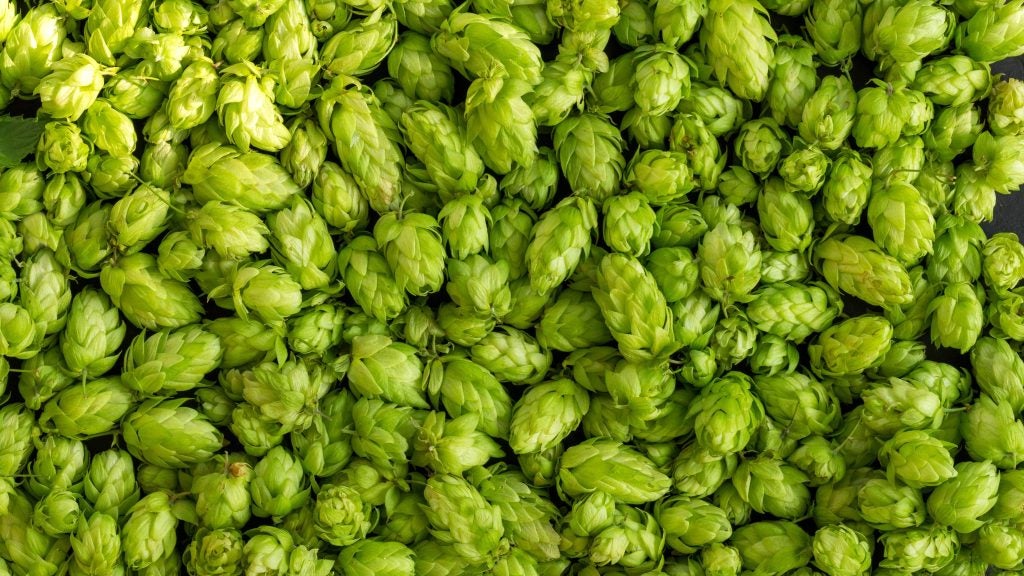Amyris has been granted a patent for compositions and methods for producing myrcene. The patent involves genetically modified microbial host cells that express a myrcene synthase and optionally a geranyl pyrophosphate synthase. The patent also includes isolated nucleic acid molecules that encode myrcene synthase variants derived from the Ocimum species myrcene synthase, which have amino acid substitutions that improve the performance of myrcene synthase in the host cells. Additionally, the patent covers isolated myrcene synthase variants with improved activity for converting geranyl diphosphate into myrcene. GlobalData’s report on Amyris gives a 360-degree view of the company including its patenting strategy. Buy the report here.
According to GlobalData’s company profile on Amyris, Roll resistance tyre treads was a key innovation area identified from patents. Amyris's grant share as of September 2023 was 45%. Grant share is based on the ratio of number of grants to total number of patents.
Genetically modified microbial host cells for producing myrcene
See Also:
A recently granted patent (Publication Number: US11767533B2) describes a genetically modified microbial host cell that can produce myrcene, a valuable compound used in various industries. The host cell contains a heterologous nucleic acid molecule encoding an Ocimum species myrcene synthase, which is an enzyme responsible for myrcene production. The myrcene synthase has a specific amino acid sequence with at least 70% sequence identity to a reference sequence (SEQ ID NO: 2) and variant amino acid residues at specific positions.
The genetically modified host cell also contains a heterologous nucleic acid molecule encoding a geranyl pyrophosphate synthase, derived from a bacterium, specifically Streptomyces aculeolatus. This geranyl pyrophosphate synthase has an amino acid sequence with sequence identity to a reference sequence (SEQ ID NO: 7).
The myrcene synthase in the host cell can have various variant amino acid residues compared to the reference sequence (SEQ ID NO: 2). These variant amino acid residues are selected from a specific group of positions, including H27I, H27C, S28H, and many others. The myrcene synthase can have different sets of variant amino acid residues, such as F381L, I404V, E528D, and M543I, or F381L, I404V, E528D, and Q552R.
The patent also covers isolated nucleic acid molecules encoding the myrcene synthase. These nucleic acid molecules have a specific nucleotide sequence with at least 70% sequence identity to reference sequences (SEQ ID NO: 1, SEQ ID NO: 3, or SEQ ID NO: 4). Variant nucleotide sequences are also described, where specific codons are substituted to encode variant amino acid residues.
Furthermore, the patent includes a vector containing the isolated nucleic acid molecule encoding the myrcene synthase and a host cell containing this nucleic acid molecule. These components are essential for the production of myrcene.
The patented method involves culturing the genetically modified host cell in a suitable culture medium to produce myrcene. This method provides a practical approach for large-scale myrcene production.
Overall, this patent describes a genetically modified host cell and associated nucleic acid molecules that enable the production of myrcene, a valuable compound with various industrial applications.
To know more about GlobalData’s detailed insights on Amyris, buy the report here.
Premium Insights
From

The gold standard of business intelligence.
Blending expert knowledge with cutting-edge technology, GlobalData’s unrivalled proprietary data will enable you to decode what’s happening in your market. You can make better informed decisions and gain a future-proof advantage over your competitors.




